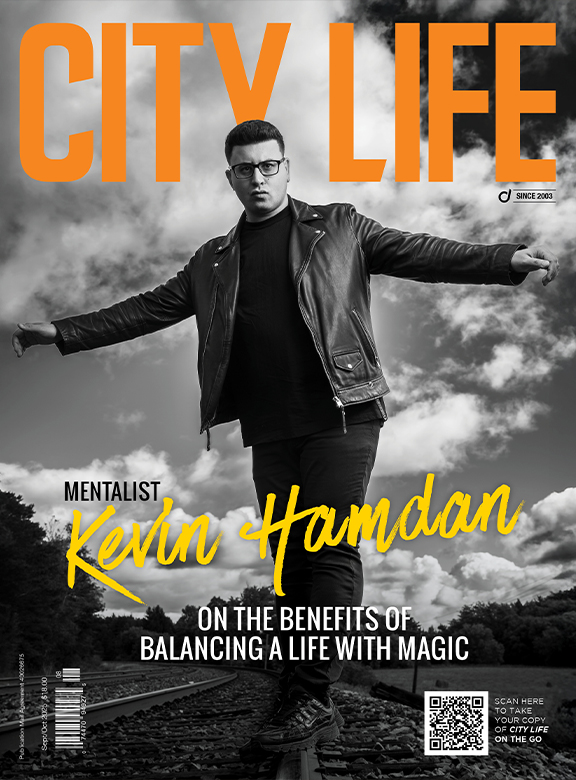Appreciate, Don’t Appropriate
One of Canada’s most poignant qualities is its multiculturalism. But despite our “melting pot” status, racism still exists here — and oftentimes appears in the form of cultural appropriation. City Life asked Selina-Rachel Mendez to clear the air surrounding this delicate issue and lay down some simple tips for avoiding plagiarizing someone else’s background.
Recently, a woman came to visit. She had a very dark fake tan, dreadlocks in her hair and a prominent Hebrew tattoo on her arm. Curious, I asked what her background was. Surely she had mixed Jamaican and Jewish heritage, based on her expression of cultural and spiritual symbols.
No, she was Italian through and through. She told me that she had lived in Jamaica and felt very connected to the culture. (She had stayed there for a smooth two months.) The rest of the night was spent listening to her as she “taught” me about my own culture and contradicted my assessments of cultural issues. It seemed that she believed she understood more about it from two months than I did in my decades of experience. She had both appropriated my culture and used it to marginalize my thoughts as a member of it.
Here is a checklist to separate appropriation and appreciation:
1. Do you understand the significance and origin of the item or practice?
2. Are you using it for its intended purpose? (For example, is it intended for a special ceremony, yet you’re wearing it to a festival?)
3. Are you actively ensuring that the original group is credited?
4. Is this choice a lifestyle for you that you will continue when it is no longer “trendy” or “different”?*
5. Can the group wear or practise this item or tradition without persecution in the same space that you intend to? (For example, if they wear it to work, will they be viewed as “too black,” as politicized or as forcing their culture or beliefs on others?)
6. Are you an ally to this group and actively speak out against their oppression?**
7. Did you purchase/receive this item from a member of the group, and is the money flowing back to the community of origin?
8. Do group members welcome your presence in/use of their culture and find it respectful?
If the answer to any of these questions is “no,” you should rethink your choices. Something being “cute” is not a good enough reason to drain a culture of its resources or intellectual property. If it is just “pretty” to you, let it be just that, but like a painting, admire and do not touch. Culture is not for consumption, nor is it a commodity, and by treating it that way, you devalue it.
Feeling entitled to another culture contributes to a power imbalance. By doing this, particularly when members of that culture are persecuted for doing the same thing, you are abusing (and sometimes profiting from) dominant/passing/white privilege. I know a lot of people shut off or got defensive after reading that last one, but consider where that defensiveness is coming from. Is it from a place of guilt? Do you feel that this behaviour is wrong, but since you are not a bad person this could not apply to you? Is this feeling stopping you from trying to understand the struggles and experiences of others? Or do you think people are just overreacting? If so, check out these helpful articles.
1. What is cultural appropriation and why is it wrong: https://goo.gl/DsmDrQ
2. Cultural appropriation: when “borrowing” becomes exploitation – https://goo.gl/u93u53
3. Seven myths about cultural appropriation decoded – https://youtu.be/KXejDhRGOuI
*Exception: If you are attending a special event held by the group and are invited/expected to practise their traditions in that particular space.
**Note: This relates to understanding the full experience of people in that culture. If you are only taking the pieces that are interesting to you, but do not want to accept and protect the culture as a whole, you are being exploitative.
Selina-Rachel Mendez, Guest Editor
Selina-Rachel Mendez is a freelance culture and entertainment writer from Whitby, Ont. She is a graduate of McMaster University and recently completed a postgraduate program in Public Relations. She often writes about intergroup relations, social justice and current events, building on her psychology and commerce background.
www.leanwords.com


















































































No Comment